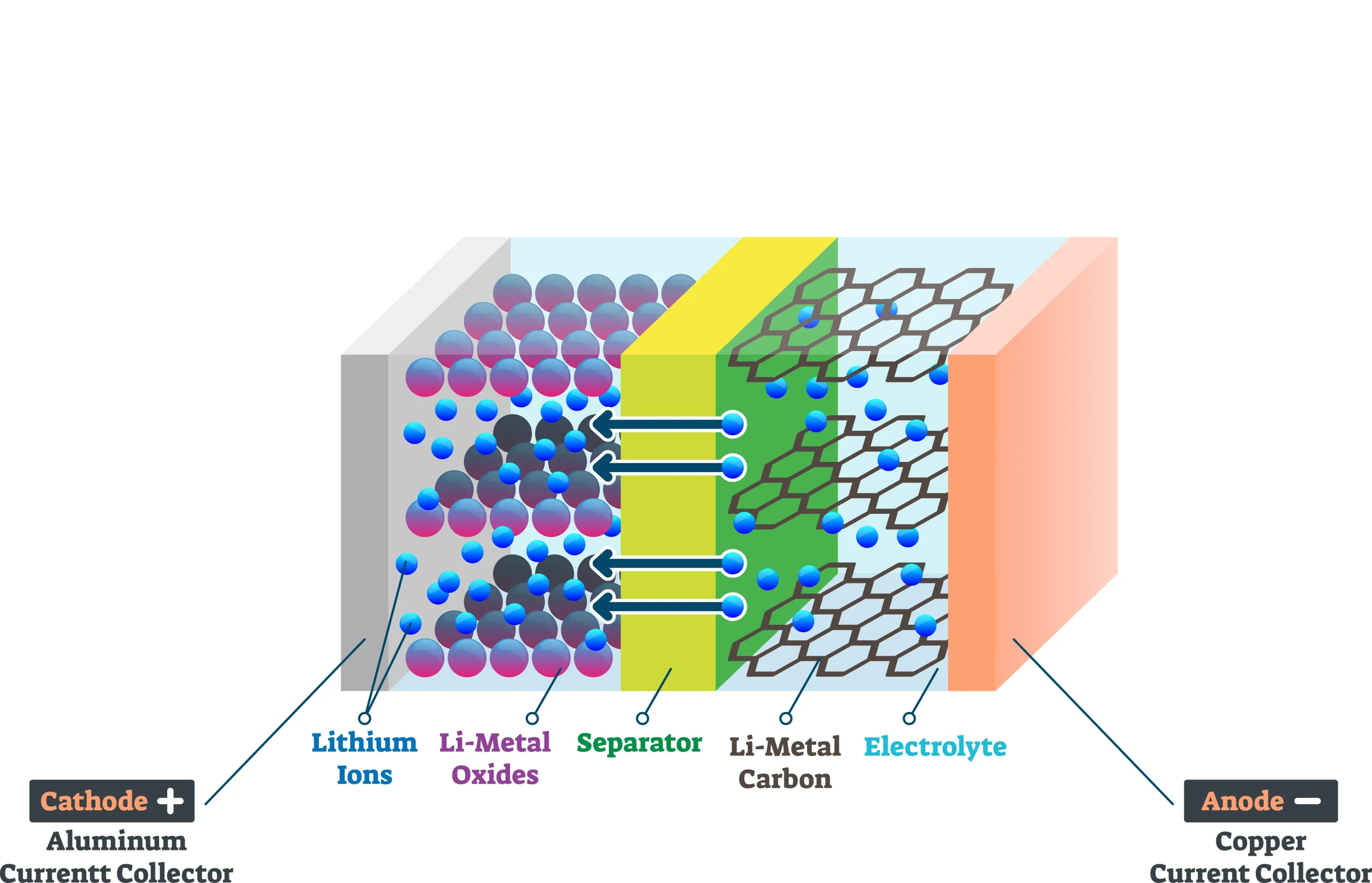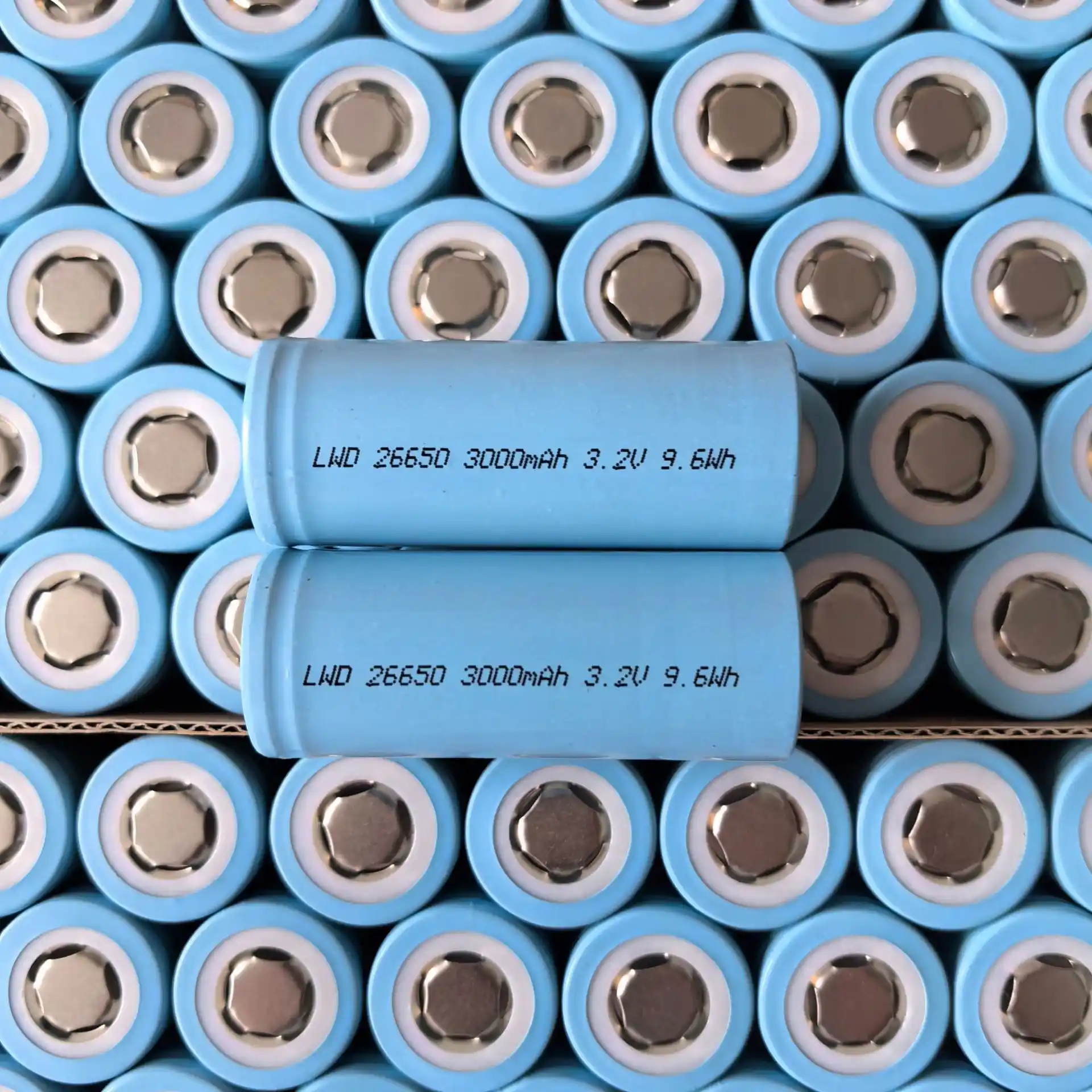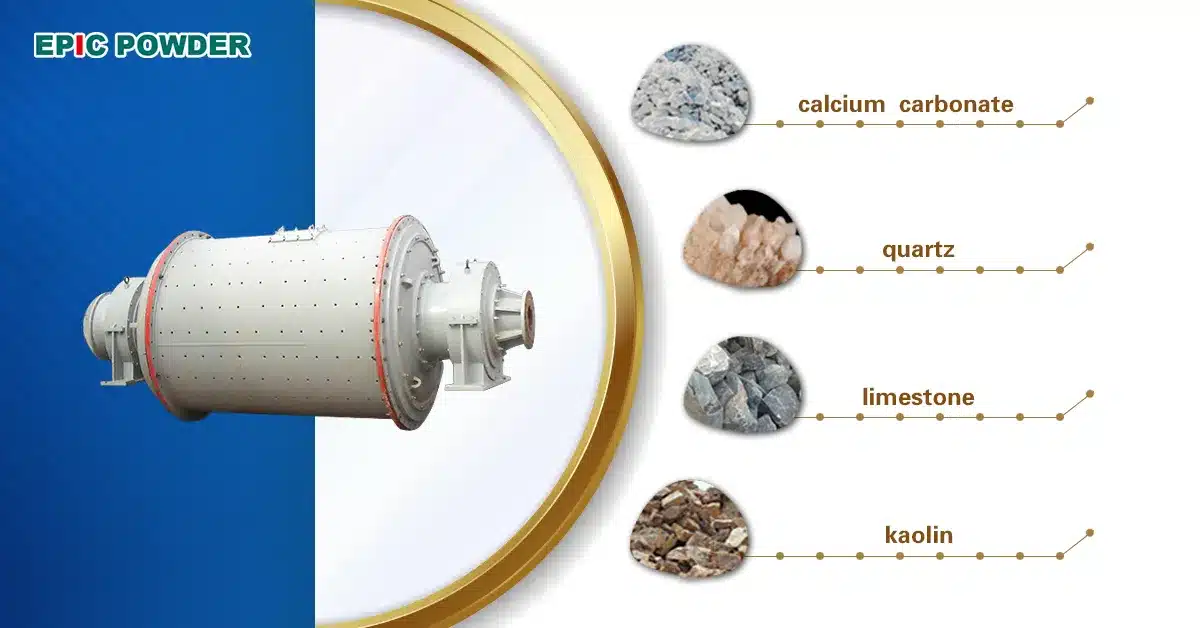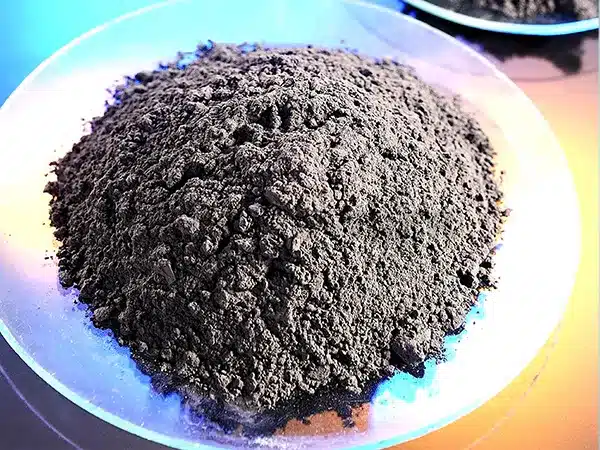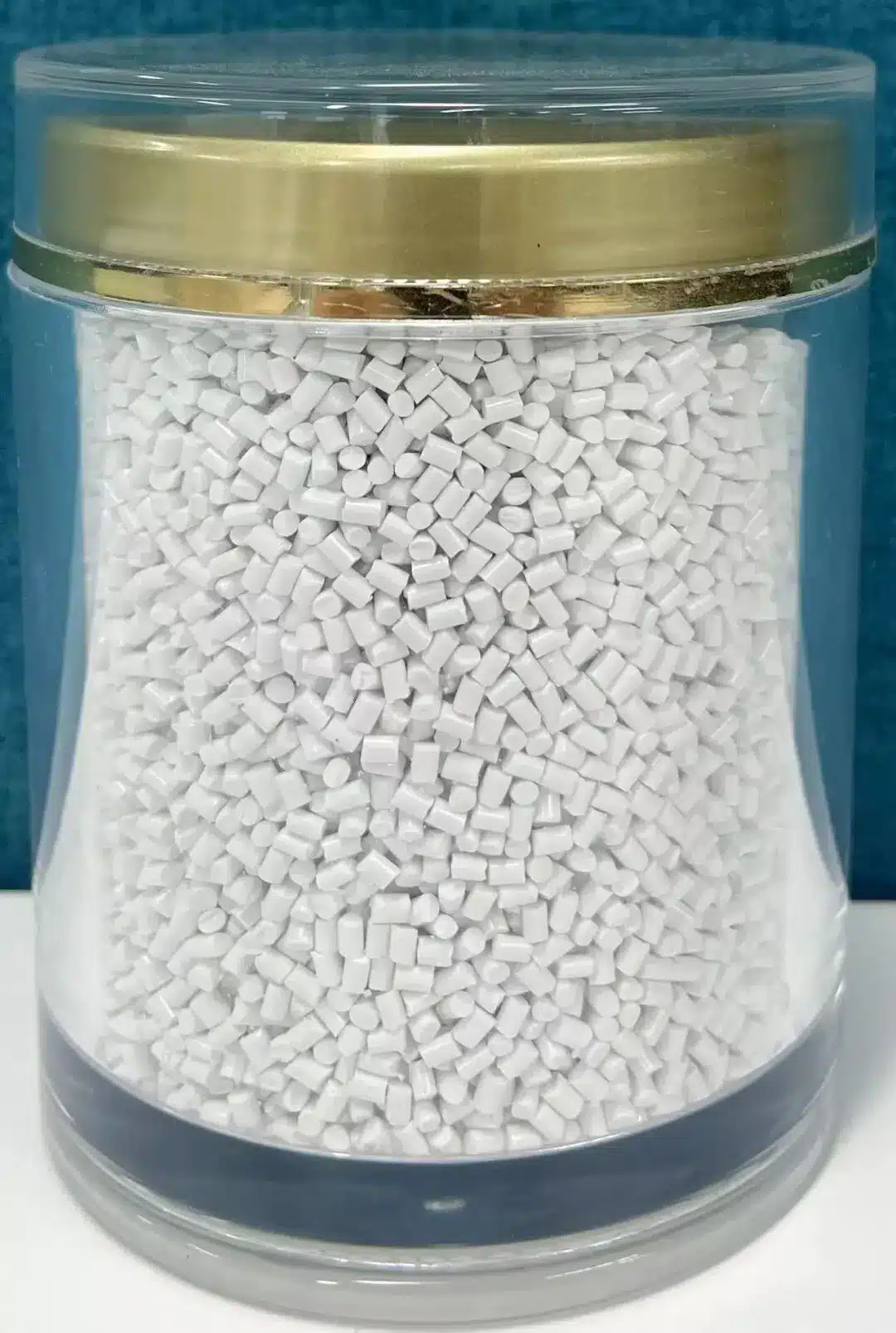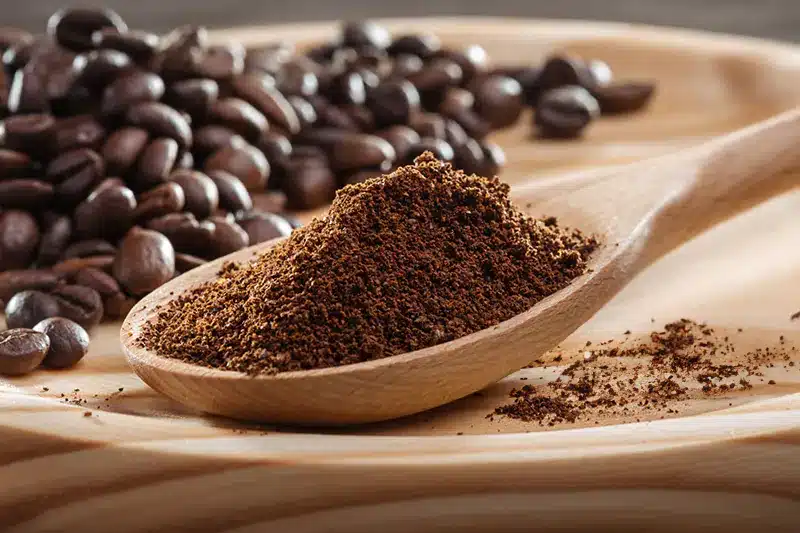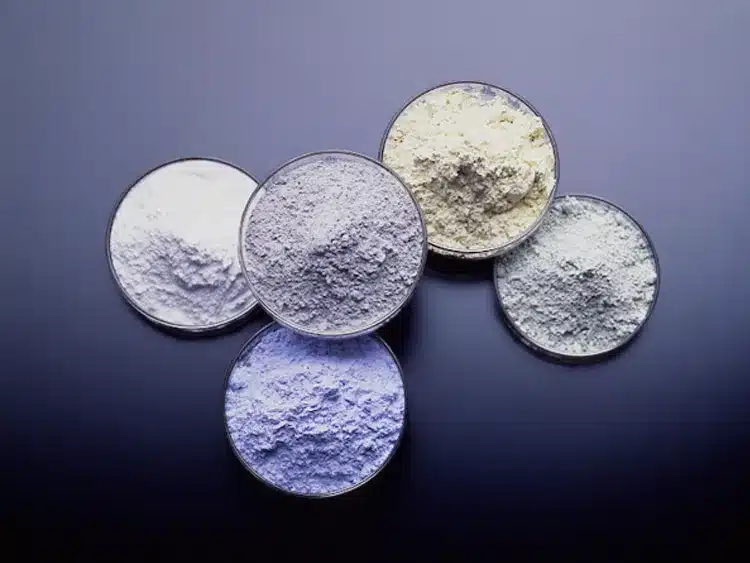Resin grinding is a critical process in powder machinery technology used to convert solid resin materials into finely pulverized powders. A resin is a solid or highly viscous liquid that can be converted into a polymer. Resins may be biological or synthetic in origin, but are typically harvested from plants. Resins are mixtures of organic compounds insoluble in water, predominantly terpenes. Technically, resins should not be confused with gums, which consist predominantly of water-soluble polysaccharides, although these two terms are often interchangeable in the less formal context. Common resins include pine oleoresins, amber, hashish, frankincense, myrrh and the animal-derived resin, shellac. Resins are used in varnishes, adhesives, food additives, incenses and perfumes.
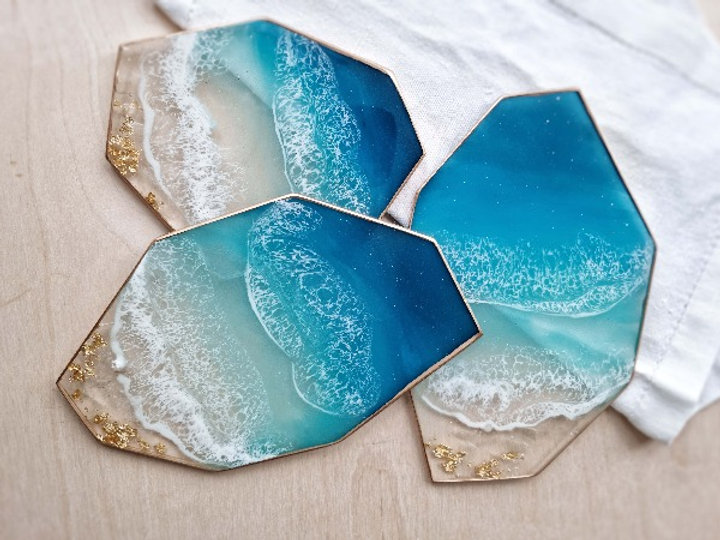
At EPIC Powder Machinery, we specialize in ultra-fine powder equipment designed to meet diverse industrial resin processing needs. This article explores three major grinding methods used for resin powder production: mechanical pulverizing, jet milling, and cryogenic grinding. Each technique has unique technical principles, advantages, and limitations that define its suitability based on resin types and production goals.
Mechanical Pulverizer: Basic Grinding with Simple Structure
Mechanical pulverizers operate by applying mechanical forces such as impact, compression, and grinding to crush resin blocks or pellets into smaller particles. Typical equipment includes hammer mills where rotating hammers physically strike and shatter hard resins into smaller fragments. This method utilizes brute mechanical energy to break down the resin, akin to hitting stones with a hammer.

Advantages:
Simple and robust construction, easy operation and maintenance.
Cost-effective with relatively low capital investment.
Limitations:
Excessive force during grinding generates heat, risking resin softening, melting, or chemical degradation.
Resulting particle size distribution is broad, with uneven powder sizes.
Limited applicability to heat-sensitive or elastic resins.
Jet Mill: Advanced High-Speed Gas Grinding for Thermoplastics
Jet mills employ high-velocity compressed gas streams to accelerate resin particles, causing inter-particle collisions that finely pulverize the material. This fluid energy grinding process maintains low temperatures due to rapid gas expansion, which protects heat-sensitive thermoplastic resins such as polyethylene (PE) and polypropylene (PP) from thermal damage.
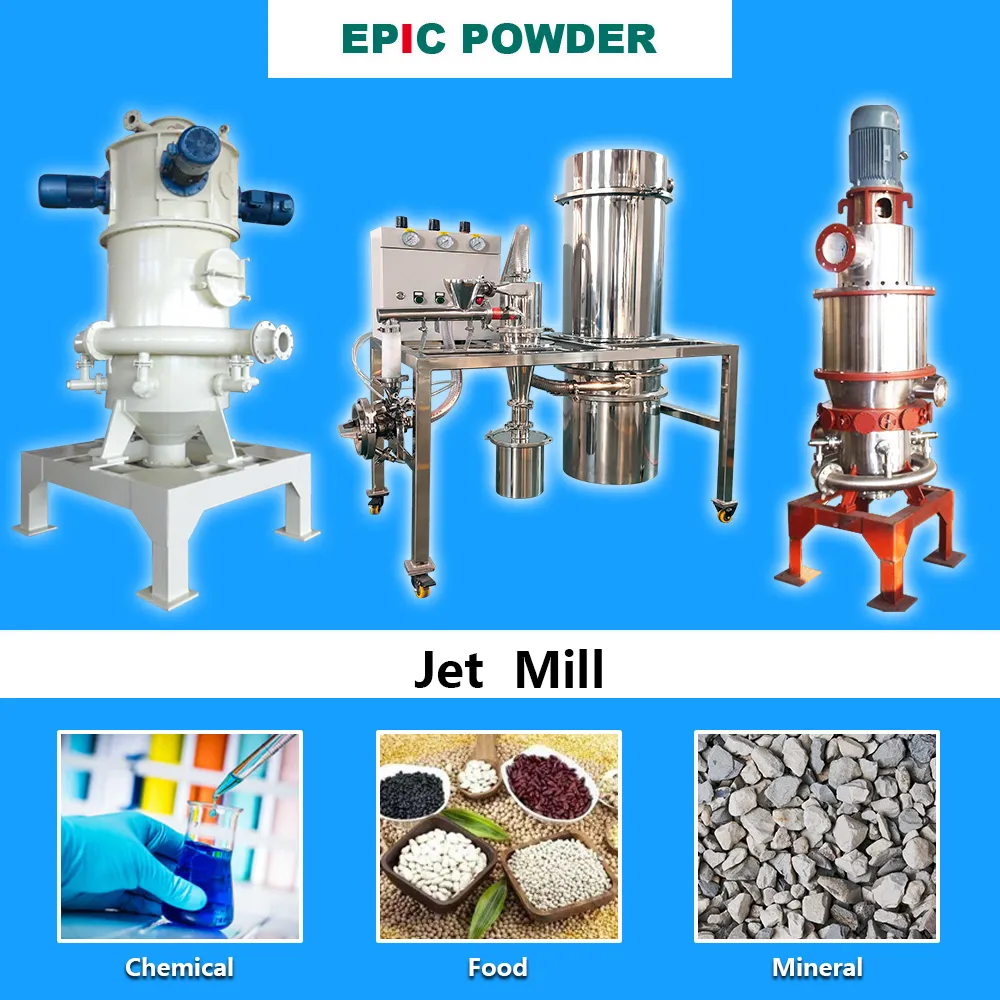
Advantages:
Produces ultra-fine powder with narrow particle size distribution, improving uniformity and performance.
Low grinding temperature preserves resin thermal integrity without melting or decomposition.
No moving mechanical parts in the grinding zone reduce contamination and wear.
Limitations:
Complex equipment structure leads to higher capital and maintenance costs.
Operational expertise required to optimize gas flow and classification parameters.
Cryogenic Pulverizer: Low-Temperature Grinding for Heat-Sensitive Resins
Cryogenic grinding involves cooling the resin using liquid nitrogen or similar refrigerants to temperatures below the resin’s brittle point. The embrittled resin is then pulverized with mechanical impact or shear forces, preventing softening or degradation. This method is ideal for specialty resins such as thermally sensitive polymers and elastomers which cannot tolerate heat or mechanical stress.
Advantages:
Maintains original resin properties by grinding at low temperatures, preventing thermal and mechanical damage.
Enables processing of “difficult” or elastic resins that conventional methods fail to pulverize effectively.
Limitations:
Higher equipment and operational costs due to cryogen use.
Lower production throughput compared to conventional grinding methods.
Choosing the Right Resin Grinding Equipment
Selecting appropriate resin grinding equipment depends on several technical and economic factors:
Resin properties: Hardness, thermal sensitivity, elasticity, and viscosity determine suitable grinding principles.
Target powder size: Coarse powders can be processed by mechanical mills. Ultrafine powders require jet mills or cryogenic pulverizers.
Production scale: Small-scale experimental setups may favor flexible mechanical or lab-scale jet mills; large-scale production demands high-capacity equipment.
Budget considerations: Includes equipment acquisition cost, energy consumption, maintenance, and operational expenses.

Conclusion
Resin grinding technology is diverse, with no one-size-fits-all solution. Mechanical pulverizers offer simplicity and low cost but are limited by heat generation and uneven particle sizes. Jet mills provide high precision and gentle low-temperature grinding suitable for thermoplastics. Cryogenic pulverizers address the most challenging heat-sensitive or elastic resins at the expense of complexity and cost.
At EPIC Powder Machinery, we advise professional evaluation of resin type, powder requirements, and production needs to tailor the optimal grinding solution. Through rigorous testing and expert consultation, industries can achieve efficient production of resin powders that retain functional properties and meet quality standards. Our commitment is to provide cutting-edge ultra-fine powder machinery tailored to diverse resin grinding applications.


